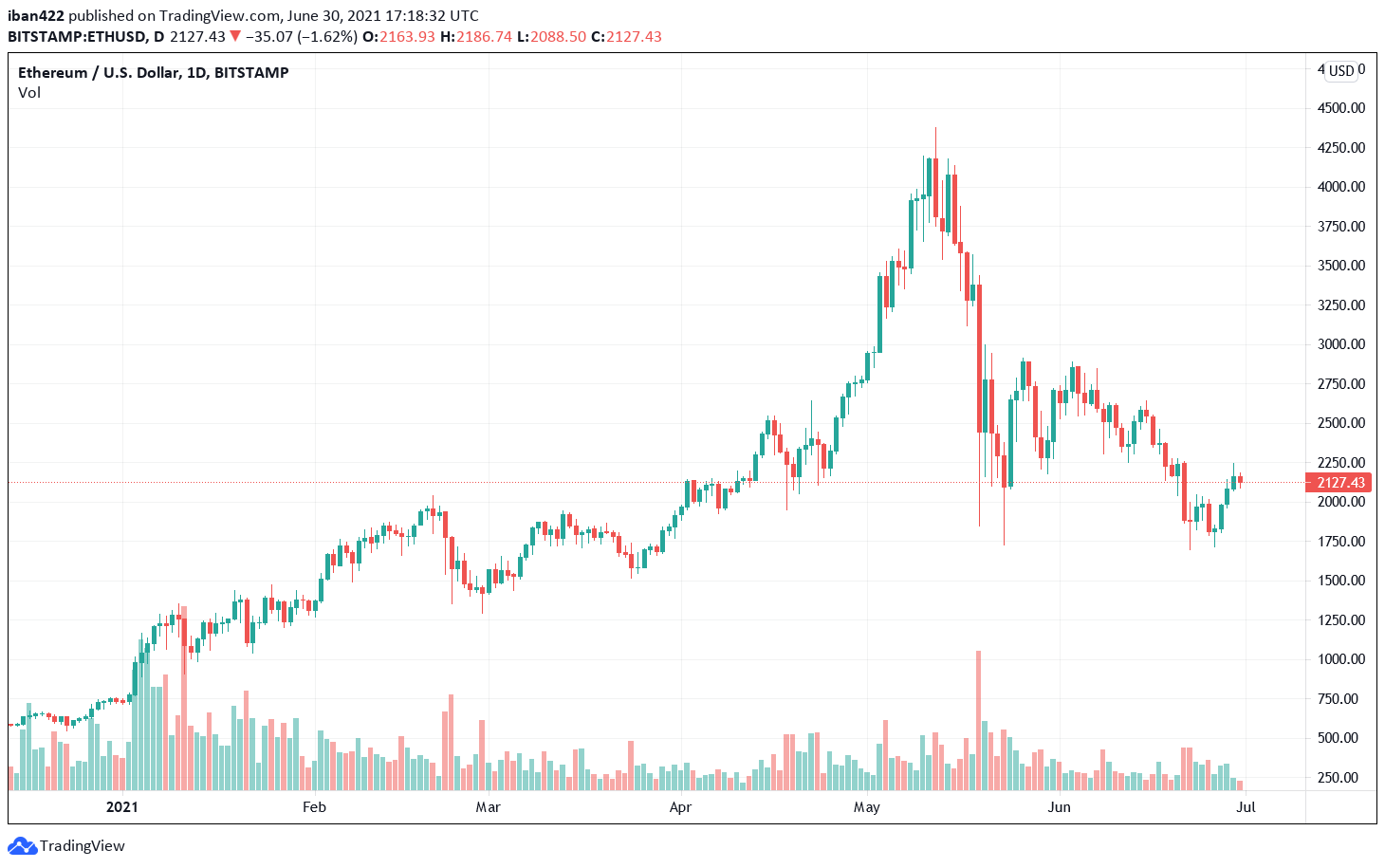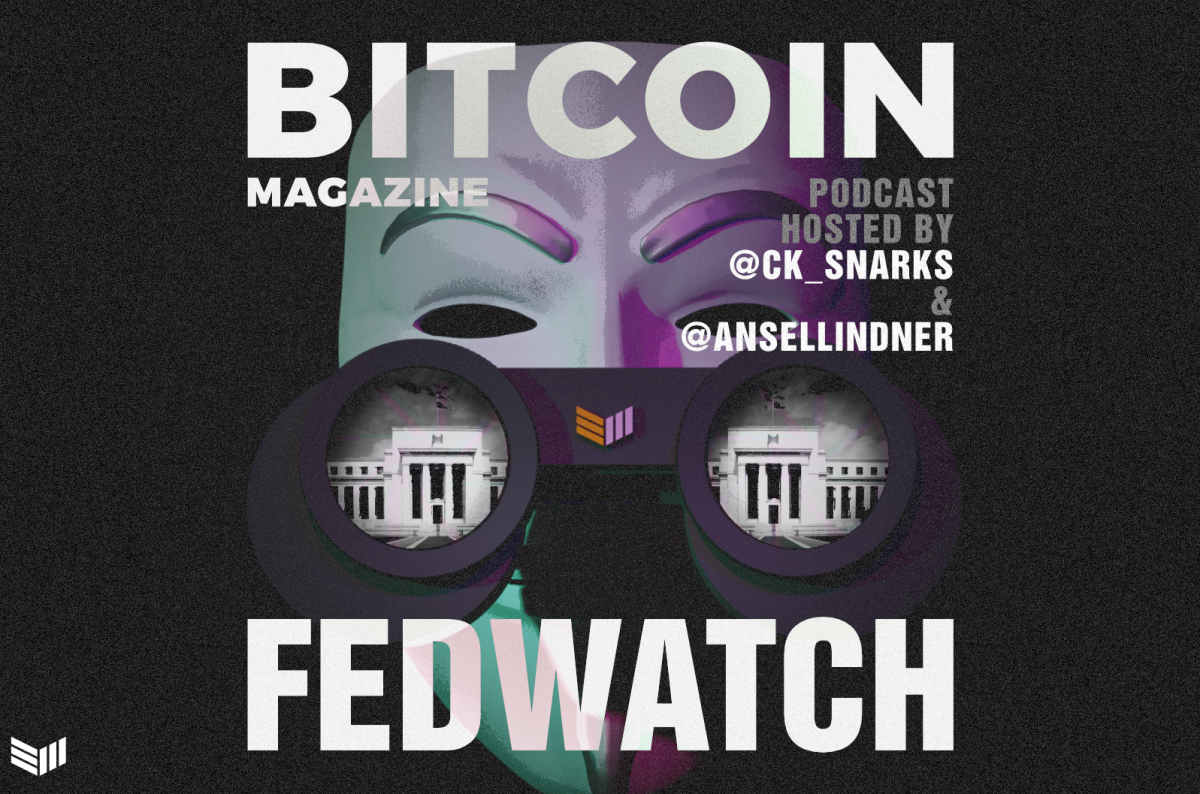At the start of the NFT boom in February, many predicted that as people purchased digital arts, there would be cases of piracy and theft. It wasn’t long before it began.
Theft Of Artists’ Works
As the NFT gold rush continued to surge in March, artist Derek Laufman woke up one day in the middle of the month to a couple of emails from his followers, who had a question for him. His followers wanted to know: was he selling his artworks as NFTs? A verified profile claiming to be from him surfaced on Rarible, a site where people can buy NFTs, implying that someone went through the trouble of impersonating him through the platform’s verification procedure.
This is 100% NOT me. I thought the point of NFT was that the artwork and artists needed to be verified? Apparently super easy to scam people. What a joke that platform is. https://t.co/FrBy4zuhQy
— Derek Laufman (@laufman) March 13, 2021
Laufman was annoyed. He went on Twitter decrying the theft. As soon as Rarible caught hold of this, the website took Laufman’s artworks down but one of Laufman’s fans had already purchased the artwork.
Pseudonymous artist Sabby Life who works primarily in virtual reality, painting digital 3D sculptures recently had one of her artworks, “Winter Landscape”, go up for sale on VR NFT without her knowledge. It sold for $332. Perplexed by this theft, Sabby Life went on Twitter complaining about how many other artworks on NFT marketplaces may be stolen.
You should have heard of NFTs by now. In the first quarter of the year, virtually all media outlets had a headline saying one of two things about NFTs. NFTs are one-of-a-kind digital widgets that are usually found on the Ethereum blockchain and can be used to determine who owns a piece of digital art. Any digital asset that has been “minted,” or placed on the blockchain as a token, can become an NFT. They’re similar to trading cards, if the cards were digital and pointed to a JPEG URL.
Like cryptocurrencies, NFTs contain ownership details for easy identification and transfer of tokens between the holders. Each digital asset can be easily tracked. Owners or artists can even sign their digital signatures on their digital artworks in the metadata.
With this in mind, the theft of NFTs by pirates online is a sad situation. But the fundamental problem with NFTs is that anyone can mint anything. On OpenSea and Rarible, two major NFT platforms, you don’t have to verify you own something before putting it on the blockchain. Hence, you can claim to own an artwork you simply stole online.
Also since NFTs are kind of a new trend, there aren’t enough legal protections that cover artists whose works have been stolen. Courts will have to struggle to define what kind of assets NFTs are, if smart contracts are enforceable, and what are the copyright claims that can be established.
Such disputes raise the question of whether NFTs represent just the latest headache for creators trying to make a living from their work.
Related article | Bitcoin And Crypto PSA: How To Protect Yourself From The Ledger Leak
NFT Is Shaping To Protect Artists
However, as with other forms of analog media, duplication and theft abounds. But since NFTs are made to be recorded on the blockchain, they can’t easily be erased off record. That makes them easily verifiable even after a purchase has been completed on a stolen NFT. The public ledger the blockchain offers still serves as protection for artists to easily get their works removed once it’s confirmed stolen.
So far, the major NFT marketplaces have agreed to accept a token as distinct even when it moves from one platform to another.
From a broader perspective, the rise of NFTs is a slow transformation of the distribution of media and art. It’s expected that plagiarism and theft will continue till there are stringent regulations to help protect artists from having their works plagiarized or stolen. More people are moving away from attributing higher value to physical art over digital art. Has this change in the way we process digital arts continues, new measures to protect artists will be put in place.

Related article | Data Suggests Whales are Keen on Protecting One Key Bitcoin Support Level
Featured Image from iStockPhoto, Charts from TradingView











